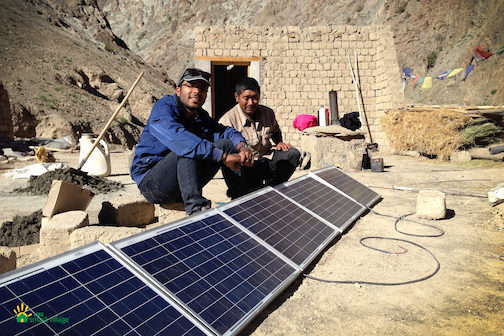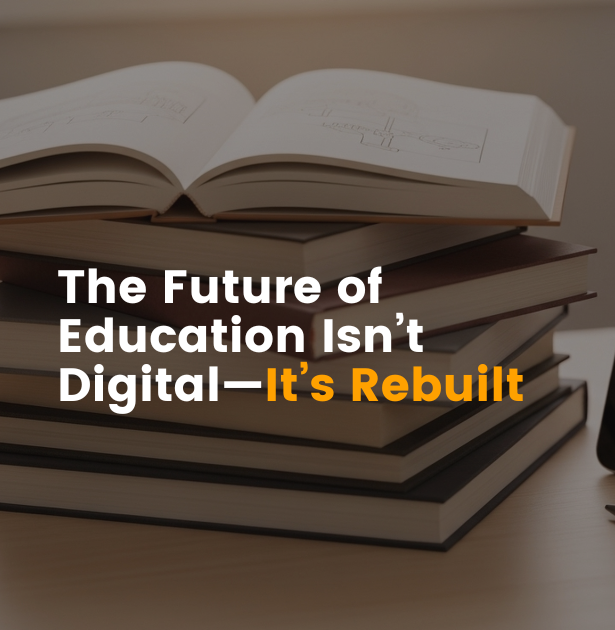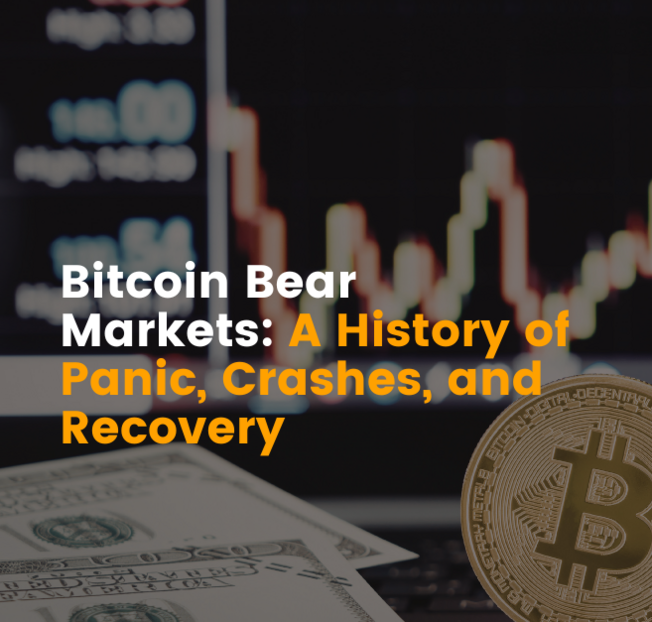
In mature economies such as the United States, “going solar” can enable individuals and even neighborhoods to lessen dependence on the grid. The motive may be independence, energy reliability, renewable integration, environmental concerns, relief on one’s utility bills, or a mix of these drivers.
But what about communities in developing economies, where being off-grid isn’t a choice, but a grinding fact of daily life? Fully 1.3 billion people, or nearly 20 percent of the world’s population, live off-grid and the lack of access to electricity is a brutal constraint on their education, health and prosperity – not to mention their futures and those of their children. Those 1.3 billion people must rely instead on expensive, unhealthy and high carbon footprint kerosene lanterns and candles for light. They make arduous, time-consuming trips to regional markets to charge a cell phone, if they have one.
The good news is that solutions are at hand. We simply need the imagination and the will to implement those solutions. Specifically, the IEEE Smart Village Initiative and its collaborators around the world have devised technologies, business models and processes to bring solar photovoltaic power and community-sized microgrids to off-grid communities, typically at lower cost than they pay for kerosene and candles. You can become a part of the effort to bring electricity access to those without it and, the great news is, it may even be a business opportunity.
Our efforts began in post-earthquake Haiti in 2010 when, with IEEE support, our colleagues took SunBlazer-branded, solar panel-powered units and portable battery packs to recovering communities. Alternative technology options didn’t exist. In the aftermath of the Haiti crisis, however, the market produced many alternatives. And we discovered that, to foster real change in the fortunes of those we sought to help, we needed to do a lot more than just replace unhealthy candles and kerosene with clean LED lights. We call this effort “Going beyond the light bulb.”
Today our goal is to bring not only SunBlazer with portable battery kits, but solar home systems and 24-volt DC and 220-volt AC microgrids to local entrepreneurs in off-grid communities who can implement a successful business plan with them by providing affordable power to their countrymen. By nurturing in-country business and technical expertise, the process is also supportive of improvements in communication, education, clean water and agriculture and health care that will in turn, create jobs and, in time, prosperity and self-determination.
Simply put, IEEE Smart Village empowers off-grid communities through education and the creation of sustainable, affordable, locally owned entrepreneurial energy businesses. And our vision is to bring basic electrical and educational services to more than 50 million people by 2025.
To make these goals a reality, we’re working to make the energy technology and fundamental business model as universal and open-source as possible for interoperability, economies of scale and cost-effectiveness. We are designing complementary modules for system expansion, as new add-ons and low-power loads are developed. We are also working on educational tools and processes by which empowered communities, entrepreneurs, volunteers and support staff can share insights that benefit everyone involved.
*The Technology * In one instance, we have an entrepreneur in Nigeria, Ifyeani Orajaka, whose company, GVE Projects Ltd., is delivering 25 kW solar PV systems with 220-volt AC distribution to serve 200 customers in an off-grid village and training locals to maintain it. Orajaka has secured long-term, low-interest financing from Nigeria’s Bank of Industry to try to reach his goal of bringing light (and more) to 200,000 homes and a million people in the next five years.
In another instance, Paras Loomba and his Global Himalayan Expedition are taking DC-based, solar-powered microgrids that range in capacity from 250 watts (W) to 500 W and provide LED lighting and recharging capabilities to small villages in northern India and elsewhere.
So we're covering a range of needs from 50 W to 25 kW with as many common components, interfaces, monitoring and control technology and payment schemes as possible. The idea is to create components that build on each other, with little or no obsolescence, and ensure that in-country entrepreneurs can make a profit while providing customers with clean, low-cost energy.
*The Business Case * IEEE is unique in its ability to globally source human talent, solutions, designs and manufacturing, with the intent of moving these latter steps in-country to further reduce costs. We’re dedicated to open source solutions, to foster transparency and simplicity of the design/build process and global collaboration from idea to implementation.
Implementation is where our mission of creating “sustainable, affordable, locally owned entrepreneurial energy businesses” comes in. As with the two examples in Nigeria and India, we are identifying in-country entrepreneurs who will establish and grow a sustainable energy business by providing affordable power to off-grid villages. Customers will pay less for clean energy than they would pay for unhealthy, polluting sources, such as kerosene or diesel generators.
In time, we’ll create an ecosystem of low-power devices such as fans, water purification systems, communications, computers – everything we in developed nations take for granted – to further empower villagers to access education, healthcare, irrigation and, ultimately, jobs and businesses.
*A Call to Action * From solar power to empowered people – isn’t that one of the values that readers of Renewable Energy World always envisioned they might be involved in? While the developed world works to reduce its carbon emissions, we need to provide 1.3 billion people with the essentials we take for granted and, in the process, help them avoid the environmental impacts we’ve made.
IEEE Smart Village’s vision offers an opportunity to use your ingenuity to design affordable, portable, open-source systems and win global recognition for your ideas. We need volunteers willing to travel to off-grid communities around the world to build these systems and identify and encourage local entrepreneurs. We need people for marketing, fundraising and operations. We need people who can travel for emergencies, in the aftermath of human-induced and natural disasters. We need people knowledgeable in the renewable energy domain on our support committees for fund development, marketing and outreach.
If you would like to join our effort in any capacity, please fill-out our online questionnaire for volunteers or pass this article along to someone you think would rise to the occasion. IEEE’s mission is to foster technological innovation for the benefit of humanity. That could become your mission, too.
















Leave a Reply